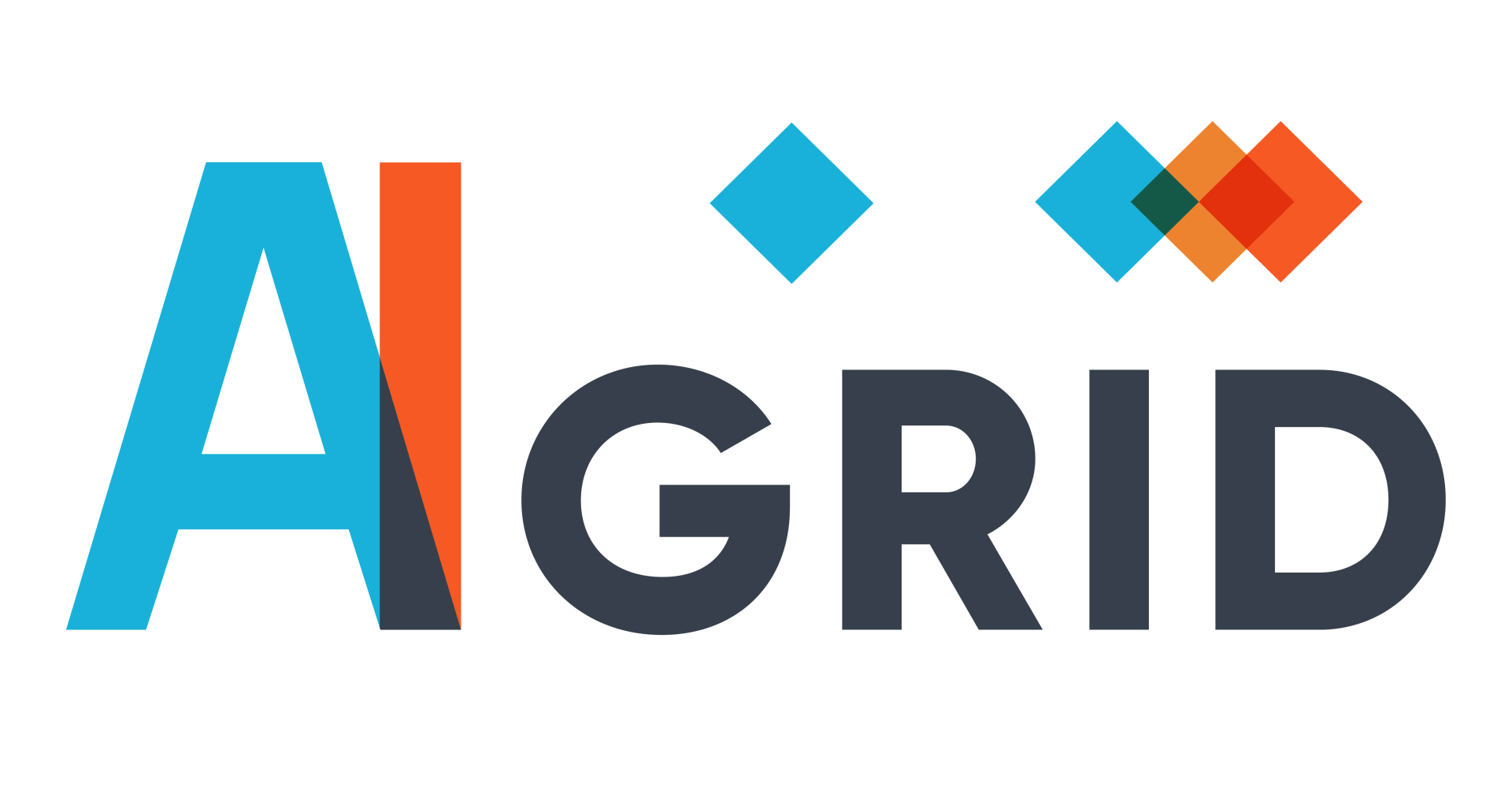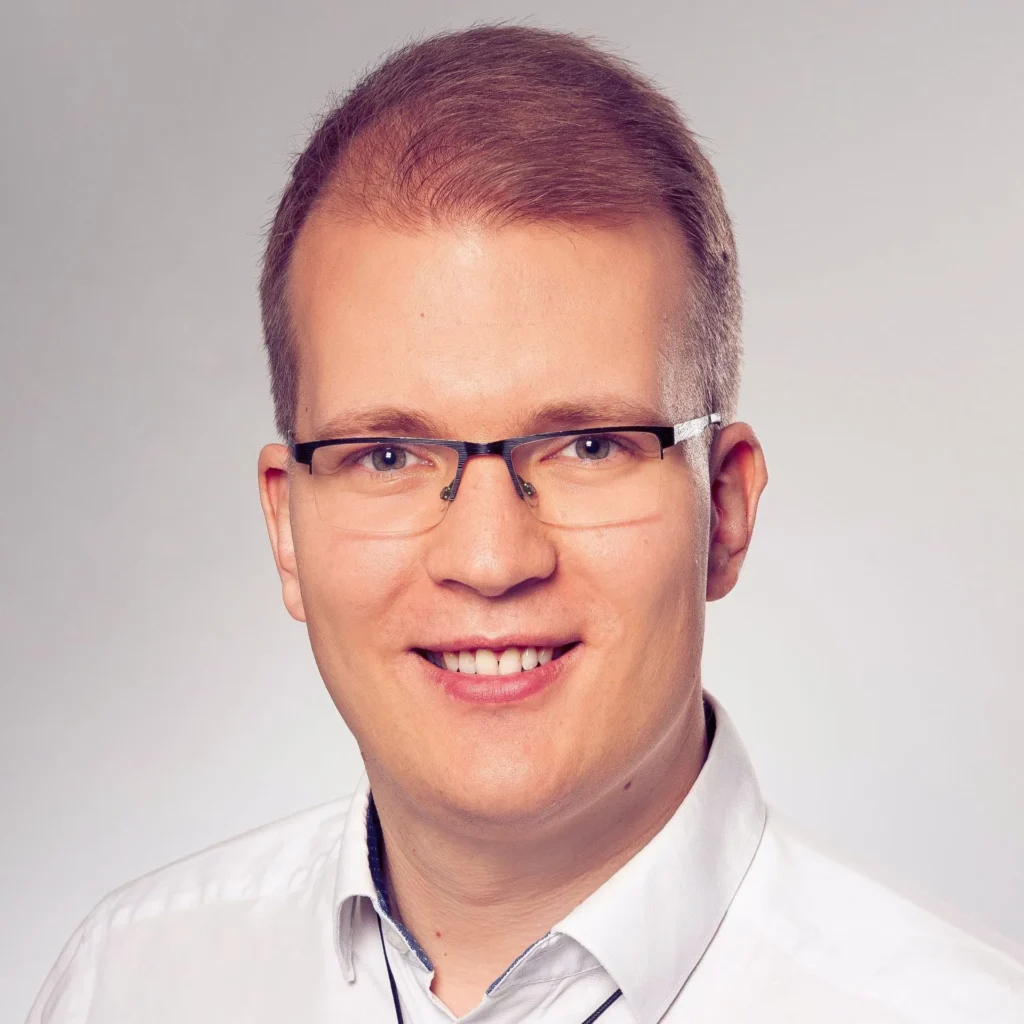Prof. Dr. rer. nat. Marius Lindauer is a mentor in the AI Grid. He is a professor at the Leibniz University Hannover at the Institute for Artificial Intelligence.
Exploit potential to compete internationally
In Germany, artificial intelligence is the focus of many political initiatives and has great potential that many industrial partners clearly recognize. At the same time, Germany is risk-conscious and is taking a comparatively cautious approach. It is essential that we fully exploit our potential in AI research and application if we want to remain internationally competitive. Only then can we build up expertise to understand what AI can and cannot do – and where real risks lie. Because if we can't get involved with the state of the art, we won't gain any experience with it. Therefore, I believe we need to follow new findings and breakthroughs in research much more closely in order to find the right path between caution and advantage in the future.
I understand skepticism about AI in Germany. Of course, this technology carries risks. But if we don't have access to them and can't develop our own models, if we don't have the appropriate hardware resources for this, then we won't be able to implement the German and European ideas.
We need a much larger investment
Germany is missing a global player with extensive resources and means who can compete on an equal footing. In AI, there is a strong monopolization of a few large companies, mostly from North America and China, and because we don't have such companies and opportunities in Germany and Europe, we are essentially at a competitive disadvantage. In order to counteract the large American corporations such as Google (Alphabet), Meta, Amazon or Apple, I think a Europe-wide research institute for AI is essential. Politics must not rest on the clusters of excellence and AI centers that it has created so far.
Make Germany attractive as a location – from hardware to salaries
Three points are my priority here: 1. We need more hardware resources, for example to build really large Large Language Models in Europe, over which we ourselves have control. We need better access to relevant data. Political and legal requirements are currently slowing us down. 2. We want to retain highly qualified, promising talent in the country. Germany is currently unattractive in terms of salaries and equipment. That's why talented people who want to earn something emigrate to North America. They see Germany as just a stopover to gain knowledge and get a great degree. A different salary structure is therefore necessary in order to retain good people. 3. And we need a welcoming culture to attract internationally skilled workers. We can't do either at the moment.
German research has immense potential
We definitely have a lot of potential in Germany. We have great research groups, publish at the best conferences worldwide and it's no child's play to get this far. We do outstanding things here. But the entire teaching system surrounding accreditation, study regulations and examination forms is over-regulated and often too cumbersome to adapt teaching to contemporary and dynamic standards, and I often feel sorry for the students. In a time of rapid technological change and research breakthroughs with unknown regularity and speed, a dynamic and fast system is also needed to bring knowledge to users and students. In my opinion, we need to reduce bureaucratic hurdles and clearly become more digital in order to act as a role model. Overall, the training takes too long. We cannot afford to wait ten years (BSc+MSc+Phd) to train the next generation of AI. In my opinion, flexible micro-degree programs like those we are creating at Leibniz University as part of the Leibniz AI Academy are a step in the right direction.
The gap between science and business
There are industrial cooperation partners with know-how and really great teams. They are necessary so that we can gain experience with the transfer of AI into the economy, into production and into companies. This is the only way we can find best practices that make AI applications plannable. At the moment, however, too few companies are really willing to take risks. The EU AI Act has been dragging on for too long. Nobody wants to invest in a technology that might then be classified as the highest risk technology the day after tomorrow and be severely restricted. Politicians would have to act faster here and create clear guidelines. Then perhaps some of the industry's reservations can be overcome.
AI Grid – bridging the gap between research and industry
That’s why the AI Grid is immensely important. With this initiative we can really transfer the latest knowledge into companies. In this way we can build this important bridge and take young talents with us. We need such a community in Germany that aims to network people in order to keep them in Germany and convince them of the location. It's about powerful partners in academia and industry pulling together and offering opportunities and career options. And of course we need the high potentials, students who develop their visions for the future and implement and put all of this together. That's why I see potential in the AI Grid that we absolutely have to promote.
Mentoring – the heart of the AI Grid
Mentoring is what I am most passionate about. It is important to me to provide young, talented researchers with tailored support with the right input so that they can exploit their potential to 100 percent. Mentoring provides young people with contacts with whom they can be unbiased and open. This basis of trust between mentor and mentee is strategically essential.
Practical input with career vision – what I offer as a mentor
What I offer in mentoring is, on the one hand, my experience in how to use AI. I work on automated machine learning (AutoML), which is about implementing new AI applications quickly and efficiently. This way I can share insights into what worked well for us and how technologies can be used well to build this bridge from science to industry.
A second aspect is career advice. What is important to be successful later, which skills are helpful? And what are the currently important topics in the AI environment? What is currently being discussed at the major scientific conferences that will reach companies in two or three years? I have the expertise here and can provide tips from which the next generation can benefit greatly.
It is also important for me to get input from the next generation. It will continue to shape the future for even longer. Keyword: climate crisis and what it has to do with sustainability, when more and more energy and resources are being consumed. I think we all need to be more in dialogue with this generation.












